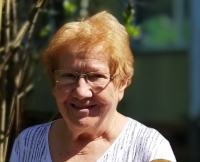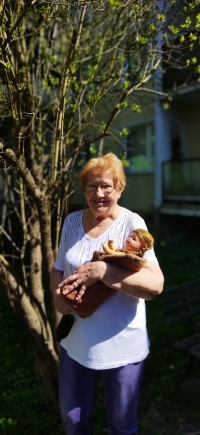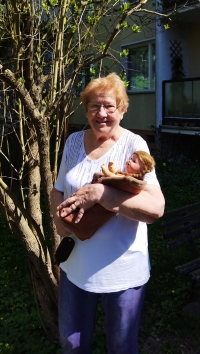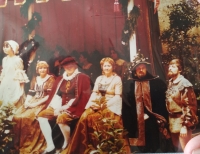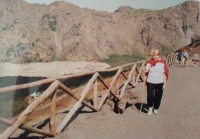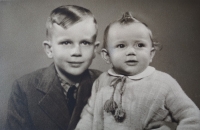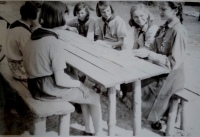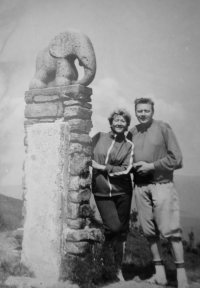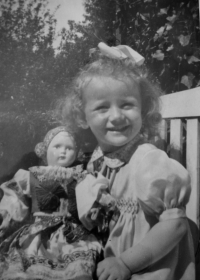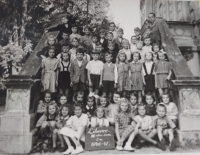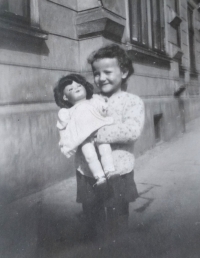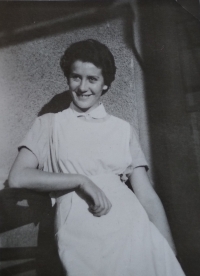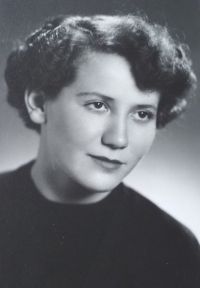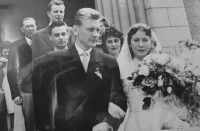I do not have any fine memories on Soviet liberators
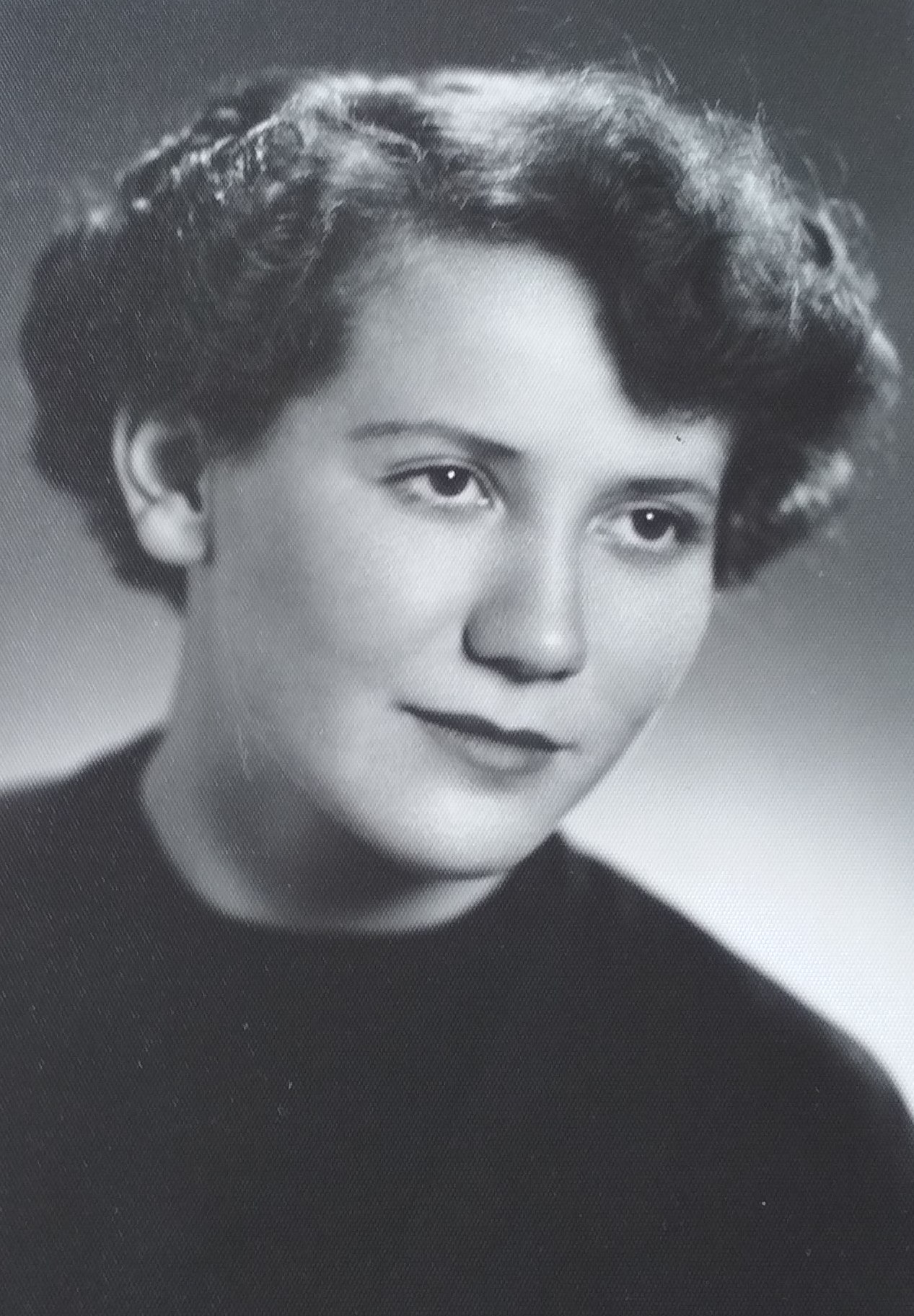
Stáhnout obrázek
Mariana Pevná was born on 7th January 1938 in Liberec to František and Marta Havlíkovi. Her father had Czech ancestors, her mother German and partly Italian. Both parents considered themselves of Czechoslovak nationality and in mostly German Liberec were part of the minority. Since childhood, Mariana commanded both languages of her parents and many of her friends were of German nationality. She remembers the arrival of Soviet army in May 1945. She experienced the attack of a Soviet aircraft when bullets flew closely around her. She also remembers when a Soviet soldier threatened her whole family, who then was hiding in the attic for fourteen days. The Red Army soldier caused with his rifle butt an injury to her grandfather Josef Müller. He died from the result of his injury one year later. One of her relatives was raped by six Soviet soldiers. In 1946 some of her friends had to go to Germany because of the expulsion. Before their transport she visited them few times in a detention camp in Stráž nad Nisou. The witness graduated from a secondary nursing school and later worked as a nurse until her retirement. In 1960 she moved with her husband and two children to Mohelnice where she lived even during the recording of this interview (2021).
